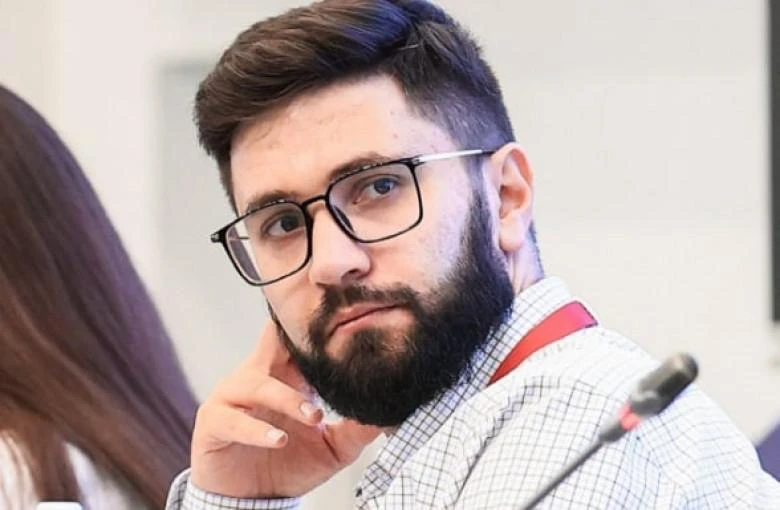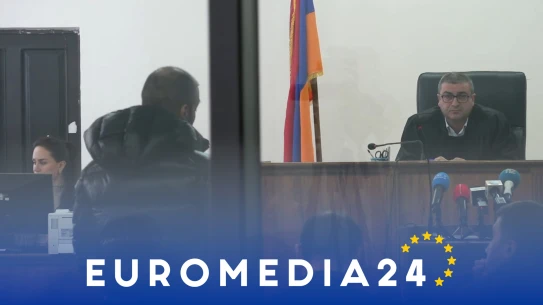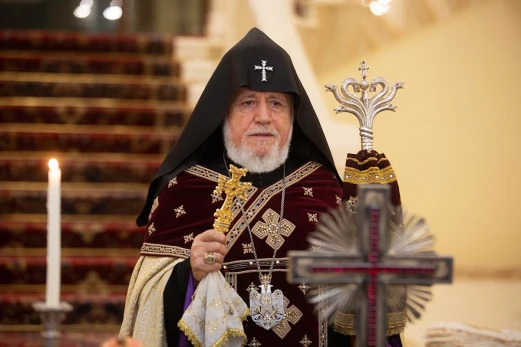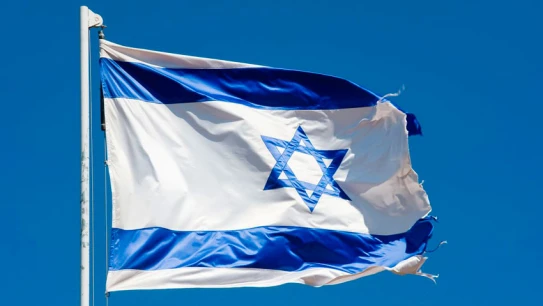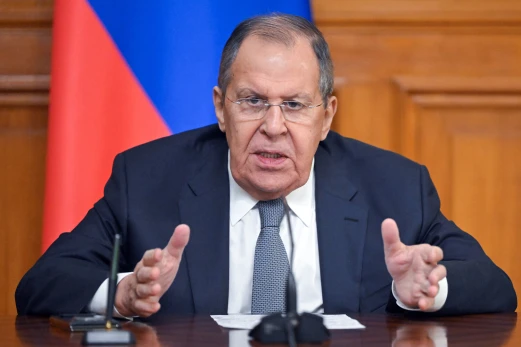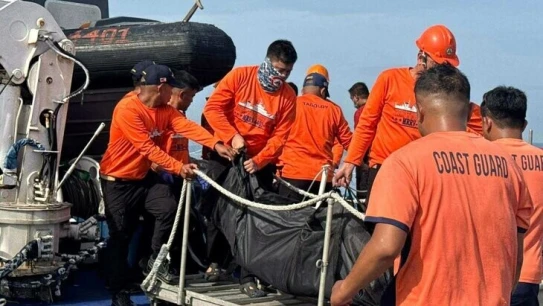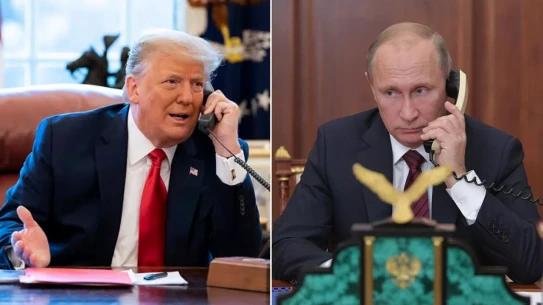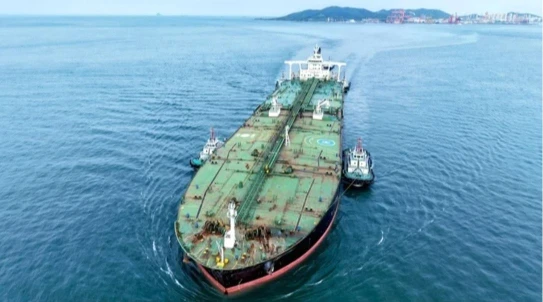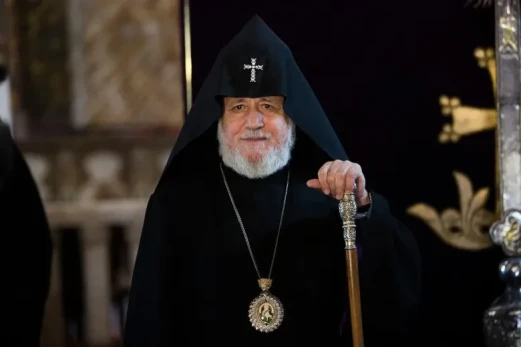"Fact" daily writes:
The authorities of Armenia, which one day decided to diversify the foreign policy of our country and move towards the West, according to expediency, are also leaning towards Russia and other countries. Beniamin Matevosyan, a political scientist of the "Polytekonomy" research institute, believes that the foreign policy of the Republic of Armenia is exactly what John Bolton called for in 2018 to make that foreign policy and world perception in general. "He said to give up stereotypes. In practical politics, it meant handing over Artsakh, forgetting the Genocide, trying to make enemies Azerbaijan and Turkey friends in public perceptions, and friends and allies Iran, Russia, enemies. Such is our foreign policy at present. How do our partners treat us in this situation? At least one gets the impression that in Russia they not only understand well what the Armenian authorities are doing internally, but also very well realize that globally the West will not come to help Armenia. The West only needs Armenia as a tool, and the West is ready to let Armenia be absorbed by Turkey. The approaches of the Russian side are probably such that if processes are not generated inside Armenia, then they will not be more Armenian than Armenians. Our partners in the Islamic Republic of Iran understand the dangers of what will happen if Armenia turns into a NATO springboard against them, but I think for reasons that are not clear to me, they still believe the Armenian authorities, who assure them that cooperation with the West will not be aimed at Iran. against And in my humble opinion, it will be aimed, moreover, we will become just a coin in the anti-Russian and anti-Iranian struggle of those globalist forces. About the perceptions of our European and American colleagues. from the level of support on the ground, for example, from our chances to join the EU, which are equal to zero, I think we can draw a conclusion about how they perceive us," says Matevosyan in an interview with "Past". Regional issues are "not to be taken out of the house", it seems, and the meetings in the "3+3" format are also aimed at, which do not seem to have an obvious result. "This is a regional platform that formally appeared before the 44-day war, but taking into account the fact that after the 2020 war operations, the situation on the ground, the balance of power had changed, for our partners in Russia and Iran it is it was an opportunity to balance the situation to a certain extent, including giving Armenia the opportunity to confront the Turkish-Azerbaijani tandem. With that logic, our partners in Tehran and Moscow activated that platform, but the further process and especially the last meeting showed that the authorities of the Republic of Armenia chose the format of integration with the Turkic world instead of resistance. Interesting developments are taking place within the framework of that platform and the logic of the Demarcation and Demarcation Commission. Deputy Prime Minister Mher Grigoryan said in the National Assembly that if a third country gets involved in the negotiations between Armenia and Azerbaijan or, more precisely, in arbitration, that is, in the settlement of problems, then it will bring its interests, and the conflict of interests can cause unexpected consequences. We understand that we are primarily talking about the arbitration possibilities of Russia's mediation efforts. But at the same time, Nikol Pashinyan asks Erdogan in the Turkish house to act as an actual mediator in the process of establishing relations between Armenia and Azerbaijan. In other words, Nikol Pashinyan proposes to become a mediator in the establishment of Armenian-Azerbaijani relations to a state that jointly signed the Shushi Declaration with Azerbaijan. With the politics of this format, it is unlikely that we will be able to use the potential of this platform to balance the military-political balance, to ensure a geopolitical balance against Azerbaijan and Turkey," says our interlocutor. Today, the possibility of developments is often discussed, from the possible activation of the so-called "Zangezur Corridor" to a war, one of the actors of which may become our neighbor Iran. The Armenian authorities present the first as a "crossroad of peace providing benefits of billions of dollars", and we do not notice any obvious worries about the second. "If we understand a simple truth that the interests of the ruling political elites in the modern world in different countries do not correspond to the interests of the countries they lead, or their personal interests are not limited by the physical borders of their states, then we can understand that the Armenian authorities perceive war or the presence of the so-called "Zangezur Corridor" can be positively perceived for a very simple reason. If the said corridor is created, or there is a war, as a result of which we lose Syunik, in addition to everything, we also lose the possibility of carrying out military logistics through Iran, military logistics that connects us with the Russian Federation. If there is no such military logistics, then the political and economic leverage of Iran and Russia to influence the policies of the authorities decreases. If we lose the border with Iran as a result of the war, we will simply become a dead end between Turkey and Azerbaijan, but from the point of view of the interests of the authorities, this is very logical. If you turn into an appendix, even without security guarantees, it at least leaves you with a small chance of a future, political or otherwise, and if Armenia continues to remain in a situation where the influence of Russia and Iran has greatly influenced it, then these authorities understand very well. that they cannot have a long political life. If we look at the processes taking place with this logic, we will understand why the authorities are making mistakes in the foreign arena without giving each other a turn", emphasizes the political scientist. In the current reality, Armenia has become like one whose back is open, which can be attacked using the occupied territories of Artsakh. Today, in the end, do we feel more the physical absence of Artsakh? "The Republic of Armenia, as a separate political entity, certainly feels it. The Republics of Artsakh and Armenia had a border, the presence of which allowed us to keep Armenia away from the Azerbaijani military infrastructure for hundreds of kilometers in length and depth. We had a significant part of the border, which, as the Republic of Armenia, we did not need to protect. There was Artsakh, which was a separate state with its own army. It is true that there was a joint security system between Armenia and Artsakh, but we kept the enemy away from the borders of Armenia for a very long time. We lost that. This is the reality on the ground. On the other hand, after the authorities handed over Artsakh, presenting to the public that "Dear people, we finally got rid of the Artsakh problem", Azerbaijan and Turkey, having "solved" the Artsakh problem, are still dealing with Armenia. That's why they are trying to get involved in the issue of writing the Constitution of Armenia, in the issues of what kind of army and troops we should have, from whom we have the right to buy weapons and from whom we don't, we see that they also have an eye on our mining industry. Therefore, the existence of Artsakh in this sense was a diplomatic shield for us, the authorities, understanding everything very well, handed over all this. They gave it for a very simple reason. What happened in 2018 was aimed at this. What did Nikol Pashinyan, the coalition partner in the Yerevan Council of Elders say? Artsakh, Tavush, all this was done to get Russia out of here. We have a separate group of people who, having problems with Russia or imagining that Russia is a sinking ship, are trying to solve their problems and in the middle of solving these problems, they are sinking us all," concludes Beniamin Matevosyan.
Lusine Arakelyan
















